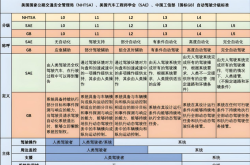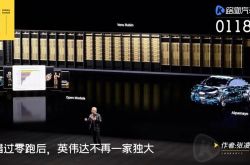Do Chinese young people no longer love BBA and Porsche?
![]() 11/29 2024
11/29 2024
![]() 483
483
In the past, BBA and Porsche were the ultimate in the Chinese automotive market. If you had money, you wanted one.
If you didn't buy BBA or Porsche, it was most likely because you didn't have enough money.
Therefore, in earlier years, BBA and Porsche made a lot of money in China, which was their largest market with the highest profits, hands down.
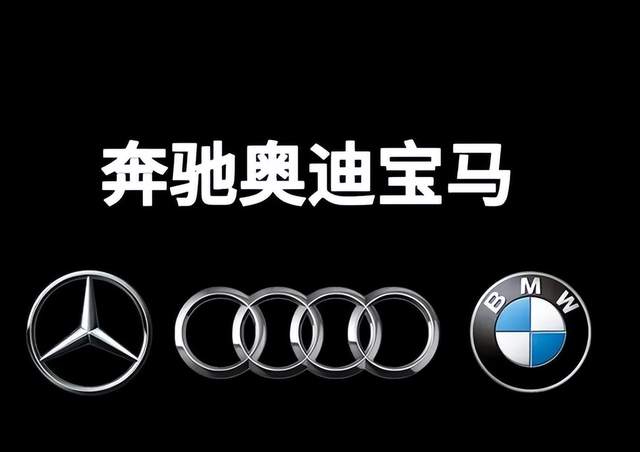
However, with the explosion of domestic new energy vehicles, the situation reversed by 2024. Chinese young people no longer favor BBA and Porsche; they prefer domestic new energy vehicles from trendy tech brands.
Data shows that in the first nine months of 2024, BBA sales declined in the Chinese market, with Mercedes-Benz down 11% month-on-month, BMW down 14%, and Audi down 4%. Their market share also continued to decline.
This was even with price wars. If we consider profits, the decline would be even steeper.
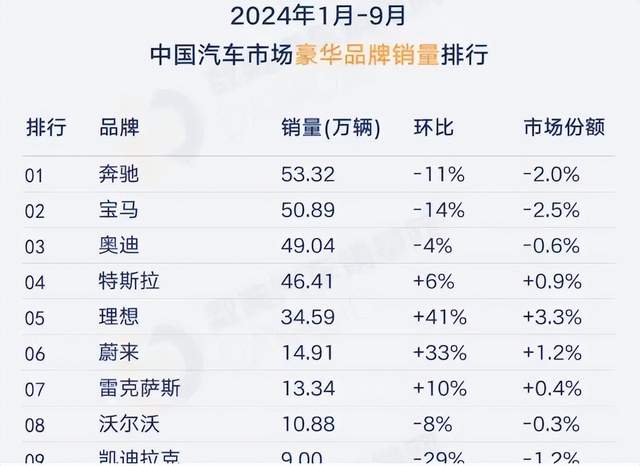
Not only did BBA decline, but Porsche's decline in China this year was even more severe. Data shows that in the first three quarters of this year, Porsche sold only 43,000 vehicles in the Chinese market, a decline of 29%, marking the worst double-digit decline on record.
Previously, Porsche models were in high demand, often requiring additional accessories to leave the 4S store. Now, they are being discounted for the first time. The cheapest Macan no longer costs 400,000 yuan. Can you imagine driving a Porsche for just 400,000 yuan?
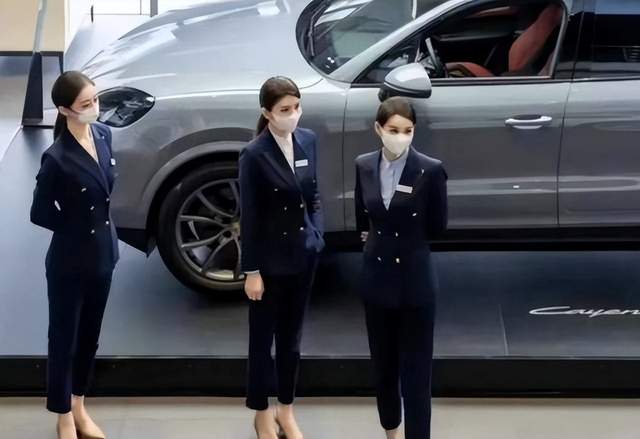
Correspondingly, some domestic new energy vehicles competing with BBA and Porsche are selling well. Fashionable and tech-savvy domestic cars like AITO, Lixiang, Xiaomi, and Zeekr are favored by young people.
Many people say that buying a domestic car used to be seen as having poor taste because it was perceived as a choice made out of necessity due to financial constraints. Even if someone wanted to buy a domestic car, they would hesitate due to the judgment of others, as China is a society where interpersonal relationships are crucial, and one fears being ridiculed.
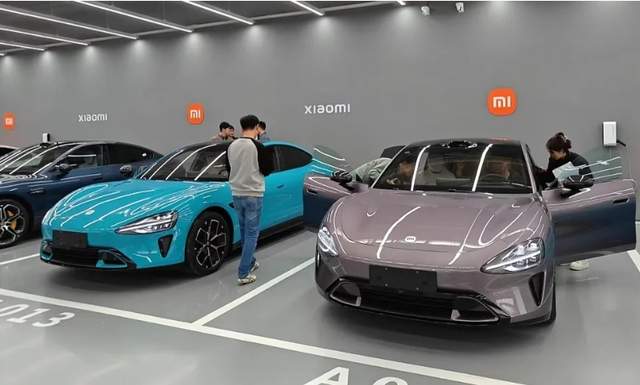
But now, buying a domestic new energy vehicle, especially from an emerging brand, is not only not ridiculed but has become a social credential.
Buying a popular domestic new energy vehicle gives many young people a common topic to discuss. Moreover, owning a new energy vehicle is no longer seen as low-class but as a sign of pursuing technology, fashion, and trendiness.
In fact, this shift in perception represents recognition of the Chinese automotive industry and, more specifically, Chinese new energy vehicle brands. If this trend continues, it is expected that BBA and Porsche will face increasing difficulties in the Chinese market in the future.

